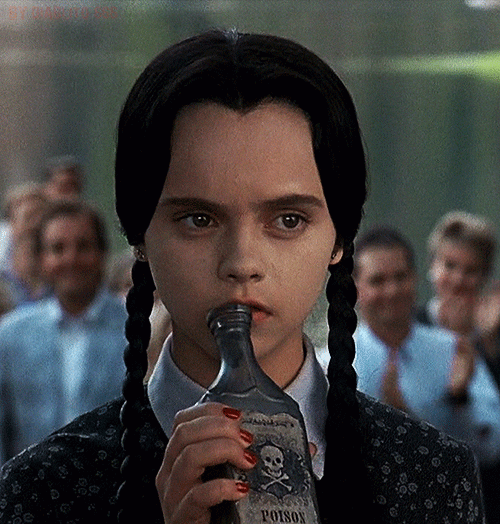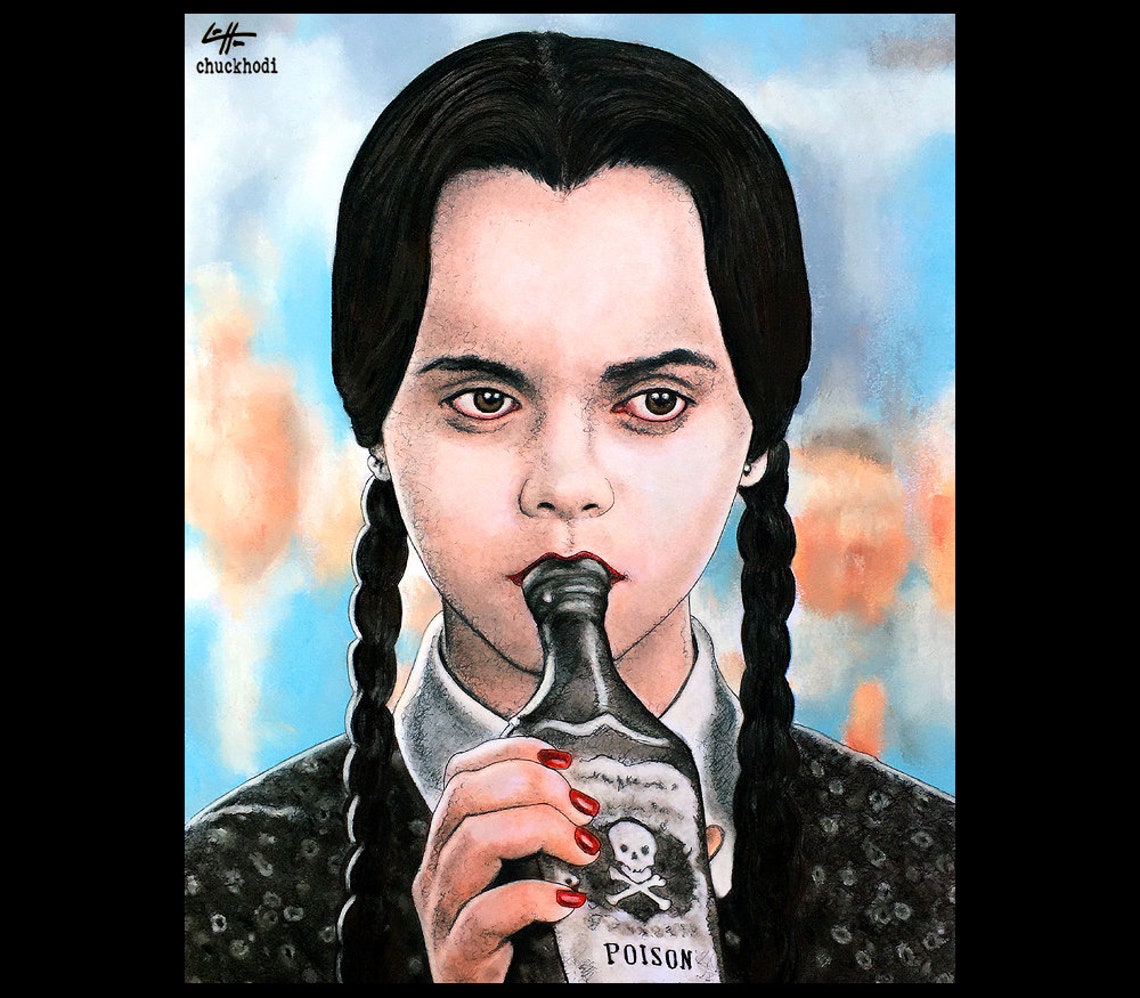

Constance Borde and Sheila Malovany-Chevallier. Minneapolis, MN: University of Minnesota Press.ĭe Beauvoir, Simone.


How would an adult Wednesday Addams handle catcalling? YouTube’s Melissa Hunter has the answer. Cambridge: Harvard University Press.Ĭalderone, Ana. Melissa Hunter talks Adult Wednesday Addams. International Journal of Communication 8: 2344–2361.īotting, Fred. Toward a typology of transmedia characters. Manchester: Manchester University Press.īerletti, Paolo.

The hidden message of Addams Family Values. As Melissa Hunter's vigilante doppelgänger, and vehicle for social satire, adult Wednesday highlights the way that the monstrous-feminine protagonist can serve as a wish-fulfilling ‘mirror text of female desire’ (Becker 1999).Ībrams, Simon. Hunter’s adult Wednesday is not quite girl, not quite woman, as well as not quite human-and as such redraws the boundaries of female socialization. A predatory fish out of water, adult Wednesday breaks with the gendered coding of ‘niceness’ as ‘the behaviour that gives femininity its form’ (Bramen 2017, p. Her critical perspective is further developed in Hunter’s series with its grown-up version of this monstrously knowing child, who grapples with situations and antagonists all too familiar to contemporary women. Wednesday, particularly as depicted in Barry Sonnenfeld’s films of the 1990s, grows into a character that is notably outspoken where human weakness and corruption are concerned. Surveying the career of this transmedial character, this chapter reflects on how Wednesday’s ongoing appeal and threat appear embodied in the unsettling image of the precociously knowing, ‘staring child’. In her web series Adult Wednesday Addams, uber fan Melissa Hunter reimagines a character that first appeared in the macabre comedy of Charles Addams’ original New Yorker cartoons.


 0 kommentar(er)
0 kommentar(er)
